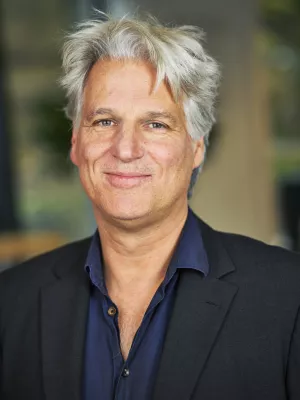
Max Koch
FD och habilitation i sociologi från Freie Universität Berlin | Professor

Economic Development and Prosperity Patterns Around the World: Structural Challenges for a Global Steady-State Economy
Författare
Summary, in English
‘prosperity’ in terms of ecological sustainability, social inclusion, and the quality of life and contextualizes this definition in global perspective. Subsequently, it operationalizes and measures these dimensions on the basis of data from sources such as the World Bank, the Global Footprint Network and the OECD for 138 countries and by applying dual multiple factor analysis. Building on earlier research that suggested that higher development levels in terms of GDP per capita are capable of providing social and individual prosperity but at the expense of environmental sustainability, we ask whether other interrelations between prosperity indicators exist on other levels of economic development. Empirically distinguishing between ‘rich’, ‘emerging’, ‘developing’ and ‘poor countries’ the paper
finds that social and individual prosperity indicators largely increase with economic development while ecological sustainability
indicators worsen. Our analyses further reveal that ‘social cohesion’ can be established under different economic and institutional conditions, that subjective wellbeing increases with income rises at all levels of economic development and that a decoupling of carbon emissions from the provision of prosperity is,in principle, achievable, while a reduction of the global matter and energy throughput poses a much greater challenge. The paper concludes by highlighting the repercussions of these findings for the
trajectories that countries at different levels of economic development would need to undertake.
Avdelning/ar
- Socialhögskolan
Publiceringsår
2016
Språk
Engelska
Sidor
41-48
Publikation/Tidskrift/Serie
Global Environmental Change
Volym
38
Issue
May
Dokumenttyp
Artikel i tidskrift
Förlag
Elsevier
Ämne
- Other Social Sciences
Nyckelord
- Prosperity
- Global steady-state economy
- Ecological sustainability
- Economic development
- Degrowth
- Cross-country analysis
Status
Published
ISBN/ISSN/Övrigt
- ISSN: 0959-3780

